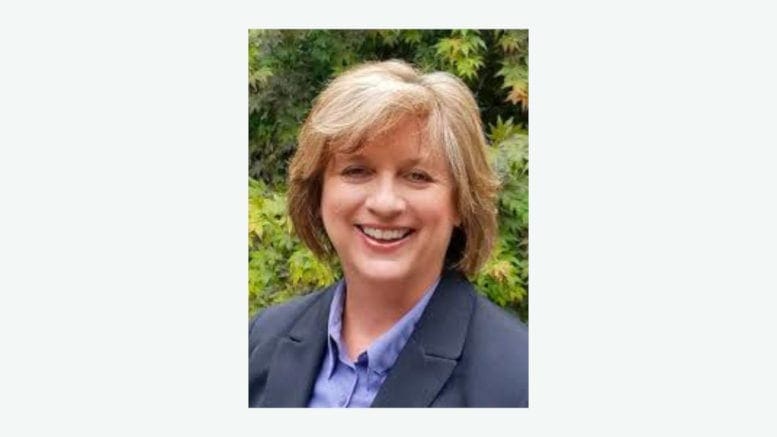By Melanie Dallas, LPC
As we approach the one-year anniversary of 988 – which launched nationwide in July 2022 – Georgia has received much praise for its management of the mental health crisis line in our state. But a closer look at 988 calls within Georgia over the past year shows that, although our state may be a national leader in managing crisis calls, access to mental healthcare continues to be a challenge in many Georgia communities.
The national 988 initiative, which took several years of planning, was designed to provide an easy-to-remember number for anyone experiencing a suicidal, mental health or substance use crisis, which could be dialed anywhere in the U.S. (just as it is possible to call 911 anywhere in the U.S. for a medical emergency).
When someone calls 988, the call is answered by a local crisis center that is part of the 988 Suicide & Crisis Line network (formerly known as the National Suicide Prevention Lifeline). In Georgia, that is the Georgia Crisis and Access Line (GCAL) – and the reason Georgia is seen as a national leader in 988. Created in 2006, GCAL is highly experienced with an established network of local crisis resources and providers – including Highland Rivers Behavioral Health and Georgia’s other 21 Community Service Boards.
Last month, representatives from the Substance Abuse and Mental Health Services Administration (SAMHSA), which oversees 988 at the federal level, held a town hall meeting in Atlanta during which they described Georgia as a star, an example of how to run a statewide crisis response line. Officials also noted calls to 988 in Georgia have increased 12%, especially in rural areas. But does such an increase simply indicate a growing awareness of 988 in Georgia, or rather, an increase in individuals experiencing mental health crisis? It may be both.
Recently I came across two interesting statistics about mental health in Georgia that might provide some insight, though probably not a definitive answer – and the first was somewhat surprising. According to Mental Health America’s 2023 State of Mental Health in America report, Georgia has the lowest prevalence of mental health and substance use issues in the U.S. (pg. 13). Georgia’s #1 ranking seems like a good sign, until you see the next page.
Page 14 lists the access to care rankings by state, and Georgia ranks 49 out of 51 (the list includes Washington DC); it is a slight improvement from a couple of years ago when Georgia ranked dead last. But the fact is, when people don’t have adequate access to mental health services – either because of distance, or not having resources to pay for it, or not being able to take off work, or the lack of therapists across the nation – fewer people are diagnosed and treated. As a result, it appears that the prevalence of mental illness is low in our state.
But, like a small physical ailment that goes untreated until someone ends up in the emergency room, a minor but untreated mental health problem continues to worsen until an individual is in crisis – and calls 988. In fact, lack of access to mental healthcare provides an important context for understanding both the reportedly low prevalence of mental illness in our state, as well as the increase in calls to 988.
The passage of Georgia’s Mental Health Parity Act last year was an important step in helping individuals in Georgia access mental healthcare services, but much more needs to be done and it must continue to be a priority for lawmakers and policymakers. We are fortunate to have an exemplary crisis call system in our state, but we should strive to reduce the number of people experiencing a mental health crisis in the first place.
Melanie Dallas is a licensed professional counselor and CEO of Highland Rivers Behavioral Health, which provides treatment and recovery services for individuals with mental illness, substance use disorders, and intellectual and developmental disabilities in a 13-county region of northwest Georgia that includes Bartow, Cherokee, Cobb, Floyd, Fannin, Gilmer, Gordon, Haralson, Murray, Paulding, Pickens, Polk and Whitfield counties.
